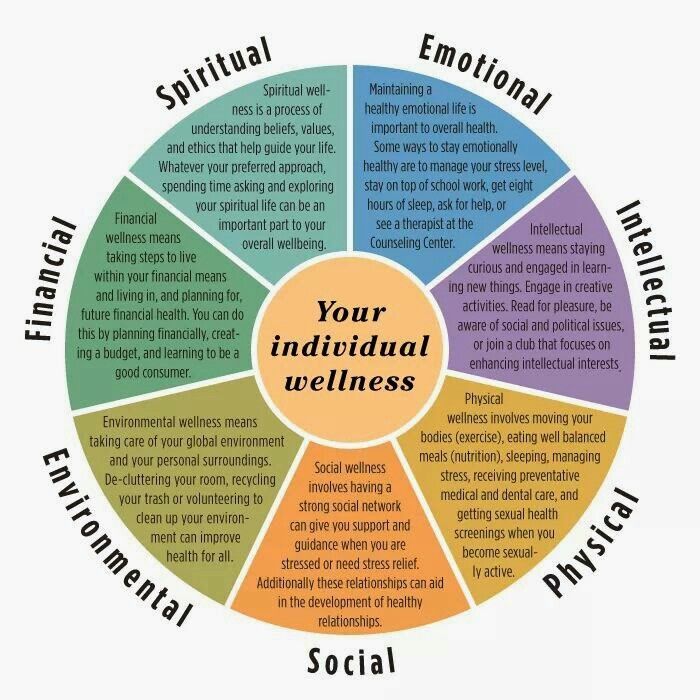
Mindfulness and Wellbeing: Achieve Personal Growth and Balance
The Power of Mindfulness
Mindfulness is the practice of being fully present in the current moment, without judgment or distraction. It involves cultivating awareness of your thoughts, emotions, and sensations as they arise, and developing a sense of acceptance and non-reactivity. This powerful practice has been closely linked to improved wellbeing and personal growth.
Benefits of Mindfulness for Wellbeing
Mindfulness has numerous benefits for overall wellbeing. Here are some of the key advantages:
Stress Reduction: Mindfulness helps you manage stress and promotes relaxation. It enables you to respond to challenging situations with more calmness and clarity.
Improved Mental Health: Regular mindfulness practice has been associated with reduced symptoms of anxiety, depression, and other mental health disorders.
Enhanced Emotional Intelligence: Mindfulness cultivates self-awareness and emotional regulation, leading to better understanding and handling of your own and others’ emotions.
Better Focus and Concentration: By training the mind to stay present, mindfulness improves concentration and attention, resulting in increased productivity and efficiency.
Developing Mindfulness
Here are some effective ways to develop mindfulness:
Meditation: Regular meditation practice is a core component of mindfulness. Set aside a few minutes each day to sit in silence, focusing on your breath or a specific point of attention.
Body Scan: Perform a body scan meditation where you bring gentle attention to each part of your body, noting any sensations or tension.
Informal Practices: Practice mindfulness during daily activities by paying full attention to simple tasks. Engage all your senses and notice the details of the present moment.
Gratitude: Cultivate gratitude by reflecting on the things you appreciate in your life. This practice shifts your focus from scarcity to abundance.
Finding Balance in Life
In our fast-paced and demanding world, finding balance is essential for overall wellbeing. Mindfulness plays a crucial role in helping achieve this balance.
Work-Life Balance: Mindfulness can be applied to work-life balance by encouraging you to be fully present in each domain of your life, whether at work or at home. This allows you to give your full attention to the present moment without being consumed by thoughts of the past or future.
Self-Care: Mindfulness promotes self-care by fostering self-awareness and self-compassion. It encourages you to prioritize your physical and mental health, making conscious choices that support your wellbeing.
Emotional Harmony: By developing mindfulness, you become more adept at recognizing and managing your emotions. This leads to greater emotional balance and a healthier response to life’s challenges and conflicts.
Cultivating Mindful Relationships
Mindfulness not only benefits individual wellbeing but also enhances relationships. By being fully present and attentive, you can improve communication, empathy, and connection with others.
Active Listening: Practice mindfulness during conversations by really listening to the other person without distraction or judgment. This fosters understanding and strengthens relationships.
Empathy and Compassion: Mindfulness helps develop empathy and compassion towards others by cultivating a non-judgmental and accepting attitude. It encourages a deeper understanding of their perspectives and feelings.
Resolving Conflicts: Mindfulness equips you with the ability to remain calm and respond thoughtfully, even during conflicts. It promotes effective communication and resolution of conflicts while preserving the harmony of relationships.
By practicing mindfulness and striving for balance in life, you can unlock personal growth, improve overall wellbeing, and cultivate meaningful relationships. Start incorporating mindfulness into your daily routine and witness the transformative power it has on your life.

